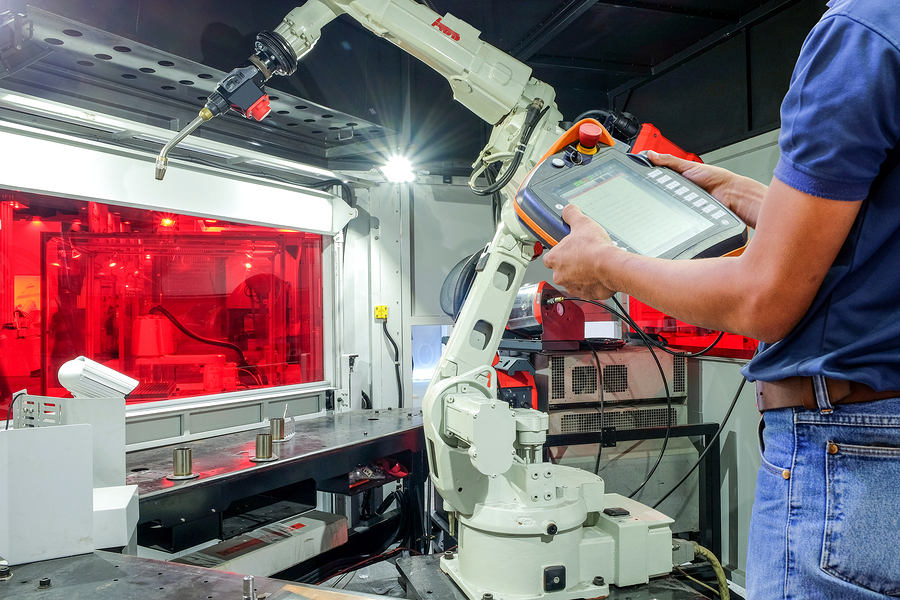It’s no secret the United States is suffering from a shortage of skilled laborers. What’s not always evident is that the definition of “skilled laborer” has changed in the past decade. Today, manufacturers are looking for more than someone who’s good with a wrench — they’re looking for a rich STEM background and a skillset that mirrors the demands of an increasingly modernized sector.
Repetitive assembly line work isn’t an accurate description of the modern factory. Not by a longshot. Today’s workers are solving complex problems and delivering creative solutions to intricate manufacturing processes. This has facilitated a new set of skills entirely. This, coupled with the exodus of older workers and a fresh crop of schooled factory technicians, is paving the way for a more educated factory workforce — just in time to meet the demand for one.
New jobs require new skills
The future of the factory is technologically driven. Computer programming, IT troubleshooting positions, electrical engineering, process development and management, and more are all skills taking the place of someone turning a wrench. As a result, manufacturers have begun hiring for the next wave of jobs. Here are the skills they’re looking for:
- Mechanical and electrical engineering
- Programming (writing and reading code)
- Automated manufacturing systems management
- Hydraulic, pneumatic, and electrical repairs
- Robotics and artificial intelligence (AI) programming
For those following the industry’s evolution, the shift in skills is evident. Digitization of processes and more advanced equipment are taking linework out of the equation and replacing it with automation, robotics, and AI. In the battle of brains versus brawn, brains are being singled out for employment. This puts STEM education as a frontrunner for anyone seeking a future factory career.

STEM focus is critical for the future workforce
In an industry evolving as rapidly as manufacturing, the demand for STEM-educated workers will always exist. And, while many current students may not envision themselves as a “factory worker” when they graduate, their chosen field of study may very well land them in a manufacturing facility — whether they’re a programmer, chemist, engineer, or statistician.
The demand for workers with strong roots in STEM education is there, and it’s only growing. STEM jobs are projected to grow 13% by 2027, compared to 9% for non-STEM jobs. Unfortunately, only about 36% of high school graduates are ready for college-level STEM courses. The dwindling population of STEM-focused students drops even lower by graduation, which has led to the growing deficit of modern factory techs today.
For workers looking for quality employment and a long-term career in an evolving industry, there’s no better place to look than manufacturing. But first, it means looking closer at a strong STEM education.
As manufacturing jobs transition from a focus on brawn to an emphasis on brains, workers need new skills — skills requiring formal education. This makes fresh STEM grads more appealing to manufacturers than retraining efforts. A good education that produces the right skills will be invaluable as manufacturing enters its new, technology-driven phase.
